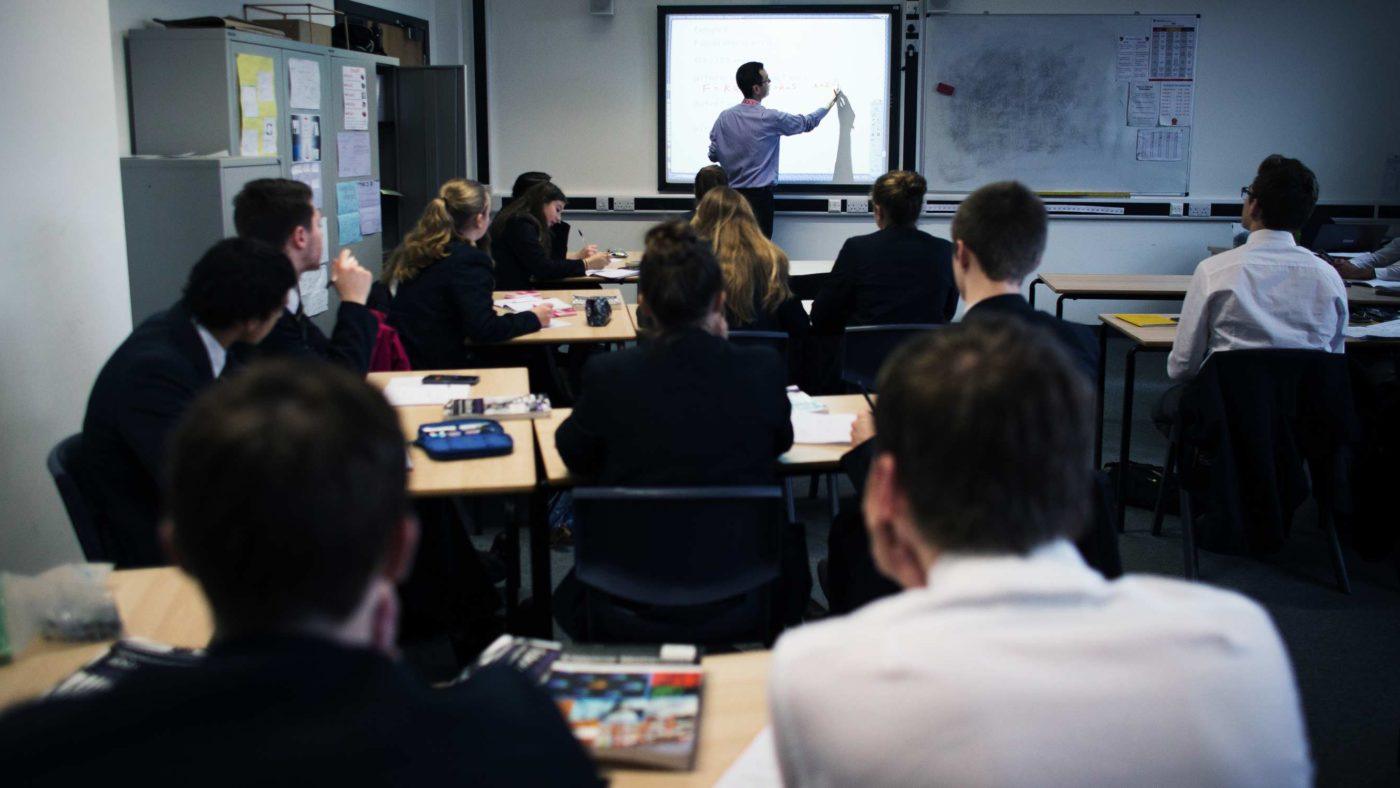It was like being called into the headmaster’s office. Back in April, I wrote for The Times about the flaws in the Ofsted regime. They, naturally, disagreed – summoning me to their offices for a stern talking-to, complete with a printout of my article with critical notes scribbled all over it (there was no actual grade, though I suspect it would have been a D-).
My central point was that Ofsted ratings are the bluntest of blunt instruments. For schools, getting that “good” or “outstanding” rating is so important that teachers and heads will do almost anything to get one. So the fact that nine out of 10 primary schools are now rated good or outstanding (and four out of five secondaries) may not just be down to the undoubted effectiveness of Michael Gove’s education reforms. It could also show that schools have got better at gaming the system: at showing Ofsted what they think it wants to see.
Ofsted didn’t take issue with this. Rather, they disagreed with my prescription, which was that we should rely on up-to-date pupil performance data rather than periodic inspections. The problem, they said, was that trusting the data failed to take account (though they did not quite put it like this) of the ferocious and occasionally unscrupulous lengths to which schools will go in order to make that data look as flattering as possible.
So I went away and did a bit more research – and the thing is, they have a point. At primary school, the only standardised exam data available – which Ofsted obviously incorporates into its reports – is for maths and English. So schools, at the start of Year 6 (when kids are aged 10-11), have been known to effectively suspend the curriculum and set their children to practising for the SATs. They don’t get taught history or geography. They barely get taught English or maths, either: just how to pass the tests in them.
The list of dodges goes on. Under the “Progress 8” score – which is explained here – pupils who are studying both English literature and English language get double their best mark in either, rather than the sum of their efforts. The result is pupils who are entered for both, but only actually taught one.
Then there is something called the European Computer Driving Licence, a 10-hour course intended to teach basic IT literacy. For mysterious reasons, it is treated in the data as the equivalent of a GCSE – which is meant to involve 120 hours in the classroom. So schools have been signing pupils up in droves.
Then there are GCSEs themselves. Schools are supposed to spend three years on Key Stage 3 – getting the basics of the broad curriculum – and then two on GCSEs. But many are now expanding the latter to three years, meaning that students may only be exposed to, say, history for two short years before dropping it in favour of their chosen topics.
In a recent speech, Amanda Spielman – Ofsted’s new chief inspector – gave a passionate defence of education for education’s sake, warning of too many schools where “everything is about the exam and where teaching the mark schemes has a bigger place than teaching history”. Her argument was that the data can show what marks were achieved – but not how they were achieved. Hence the need for someone from Ofsted to sit in classrooms and check that schools aren’t “teaching to the test” – or indeed to the Ofsted score.
It’s a very good point. And it’s also one that applies far beyond education.
It was James McGill Buchanan who came up with the idea of public choice theory – arguing, among other things, that the behaviour of governments is best explained not in terms of maximising the public good, but maximising the self-interest of the individuals and interest groups within them. Or, to put it another way, every organisation and bureaucracy acts first and foremost to preserve and extend itself.
Education is a classic example. Many within the profession would tell you that teachers are noble, selfless and entirely dedicated to the wellbeing of their charges. The NUT even argues that Ofsted should be scrapped in favour of “school self-evaluation”.
But we don’t need to read up on Buchanan to realise why that’s a non-starter. Just look at the behaviour of schools at the moment. Or, indeed, at what happened in Scotland and Wales, where external scrutiny was weakened in exactly that fashion, and results promptly plummeted.
It’s the same wherever you look – the NHS, the police, the military. One of Labour’s most ridiculous propositions is the idea that public sector workers are, to a man or woman, selfless angels who deserve better from a wicked government. The truth is, they’re just as self-interested as the rest of us.
The dispiriting lesson of this, of course, is that any system of invigilation will distort behaviour in one way or another – because teachers will end up teaching to the test, and doctors will end up treating to the target. But leaving them to mark their own homework isn’t the answer either.
In other words, we need to think very carefully about how to get the maximum information with the minimum distortion. And, of course, to take the views of the public-sector unions and other vested interests not with a pinch of salt, but the whole barrel.


